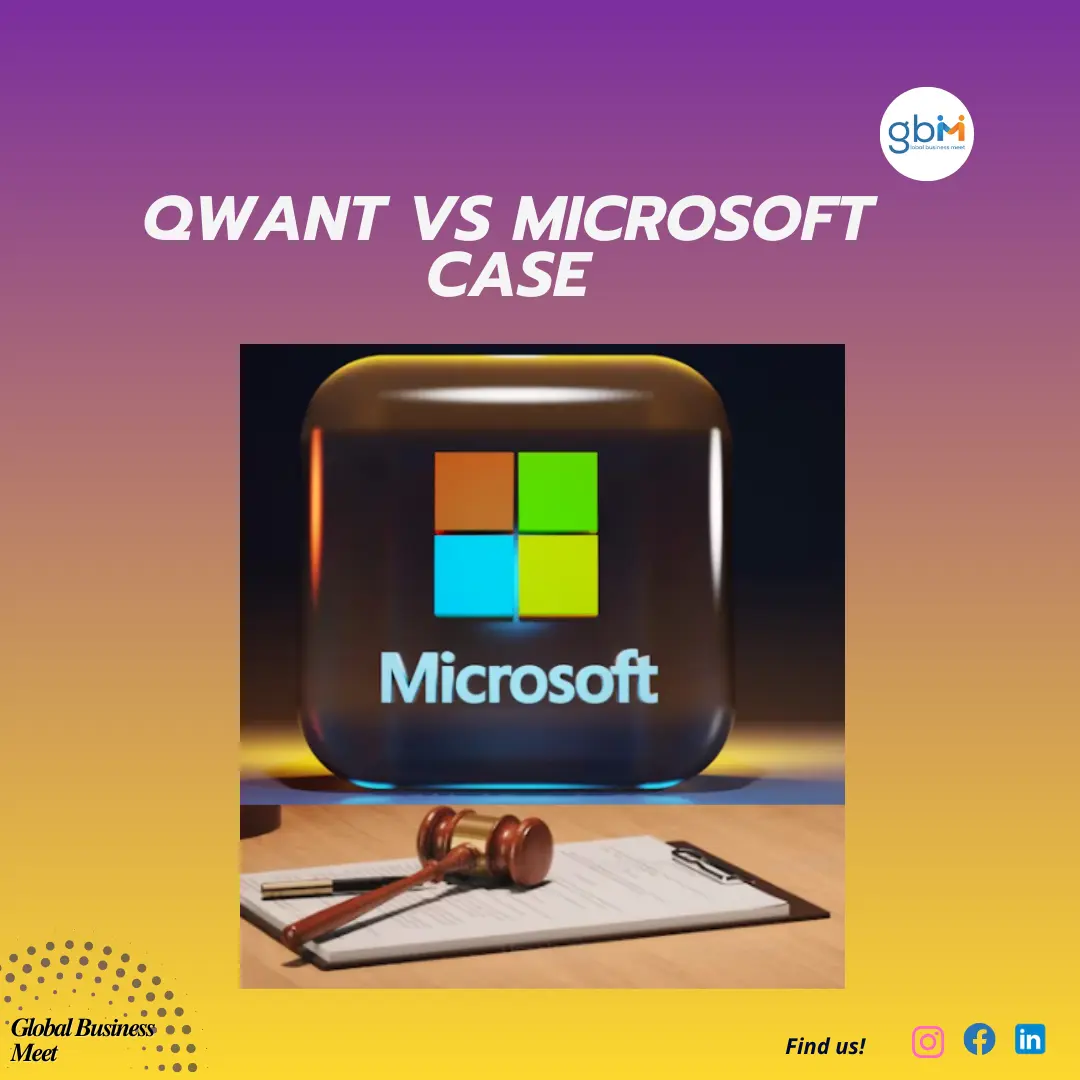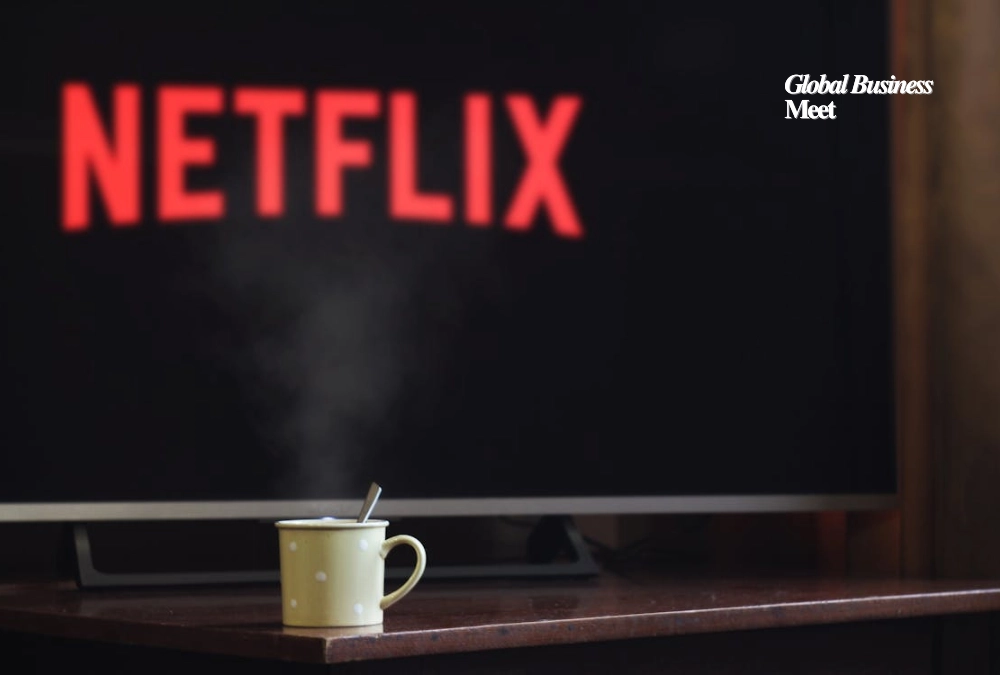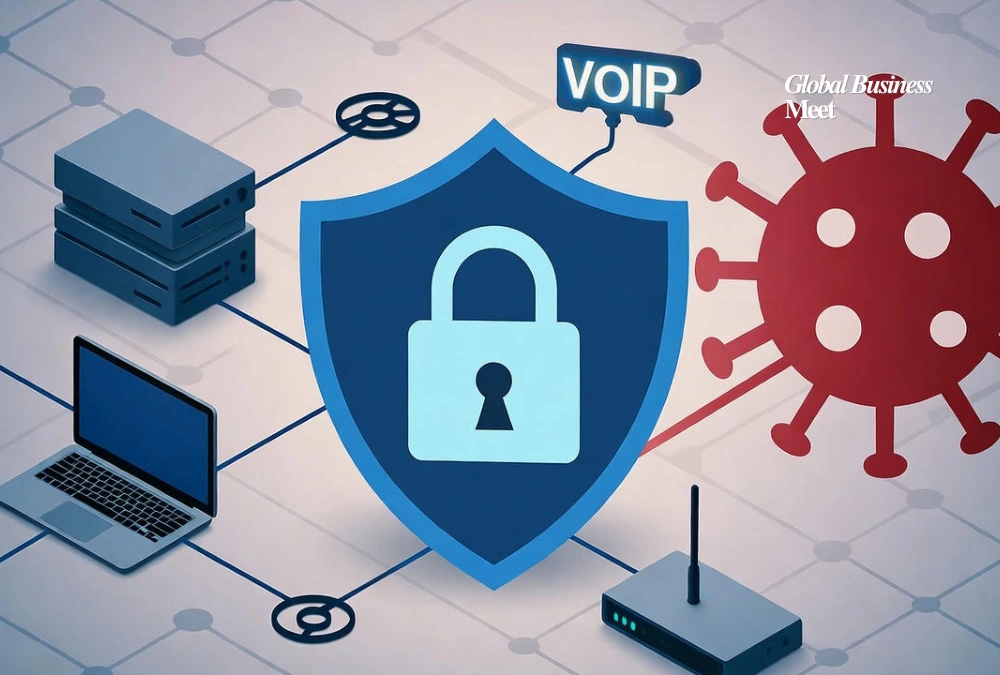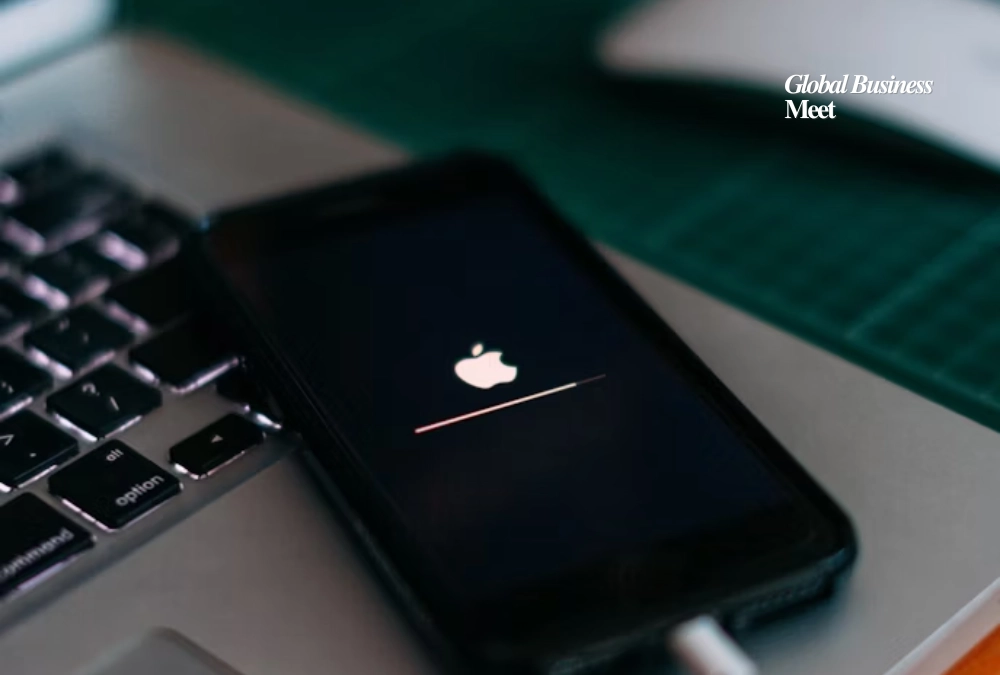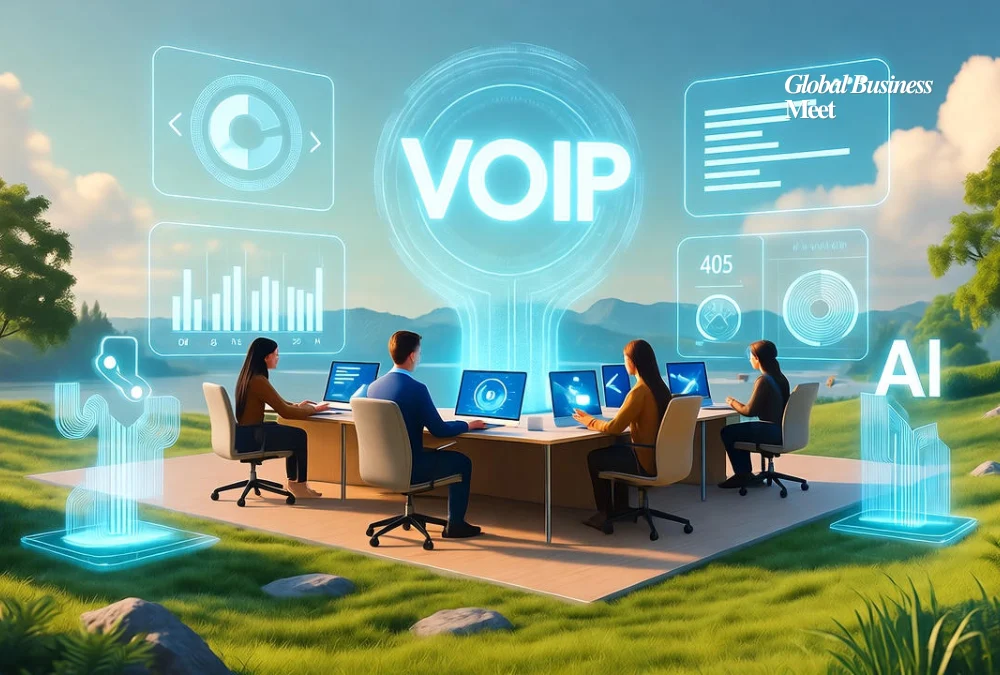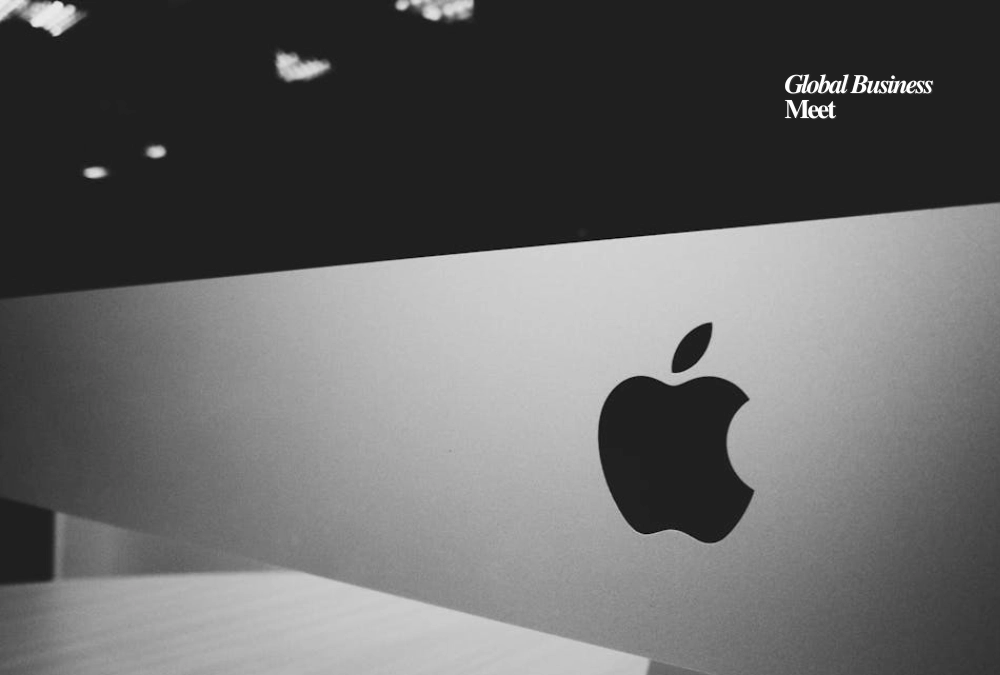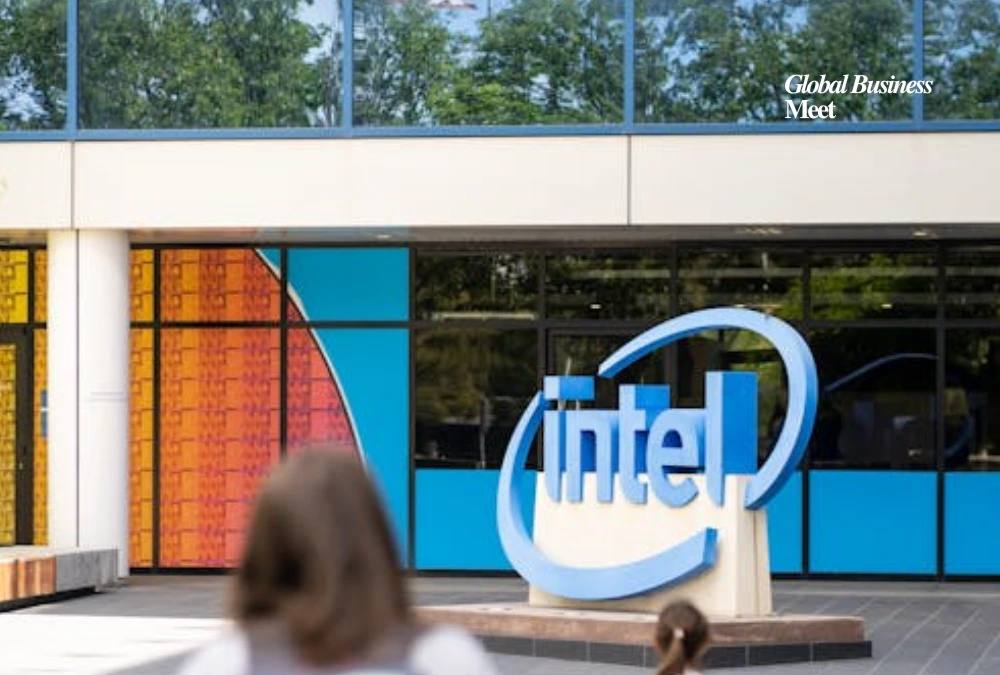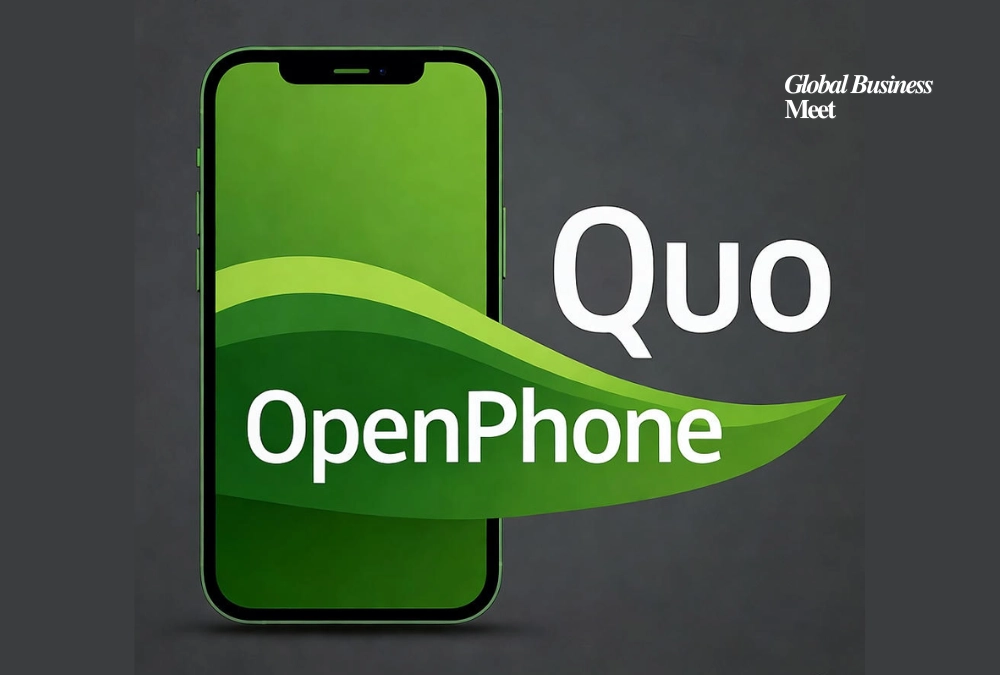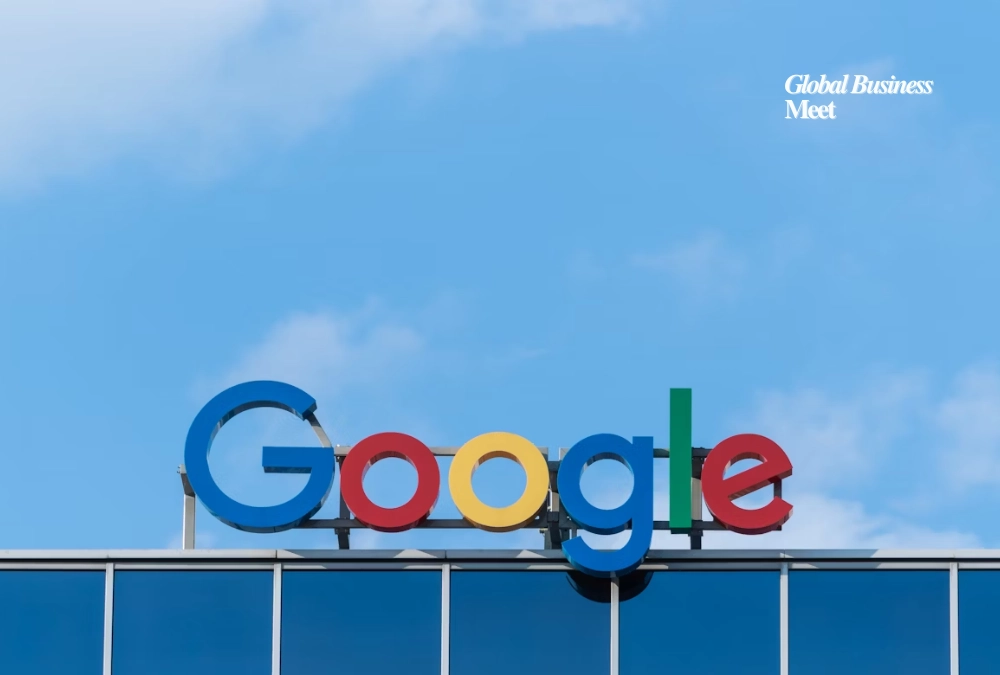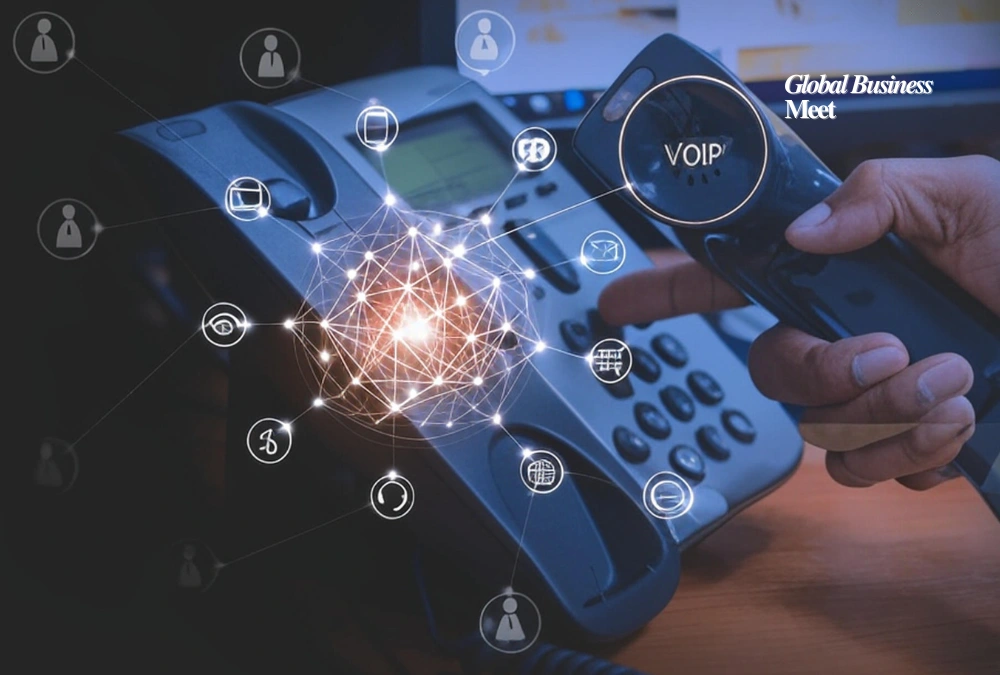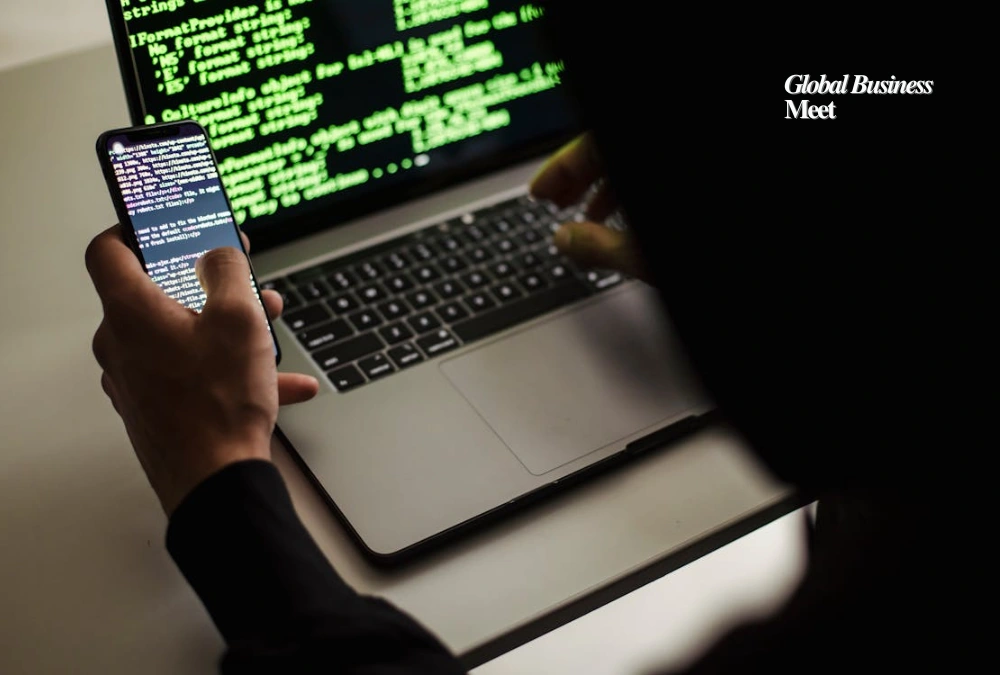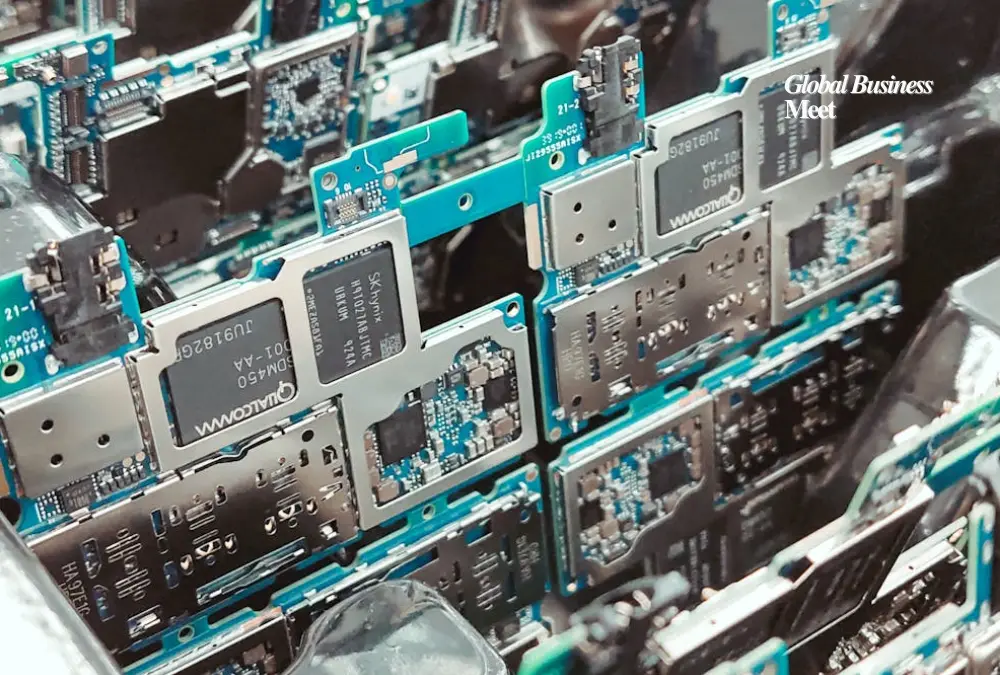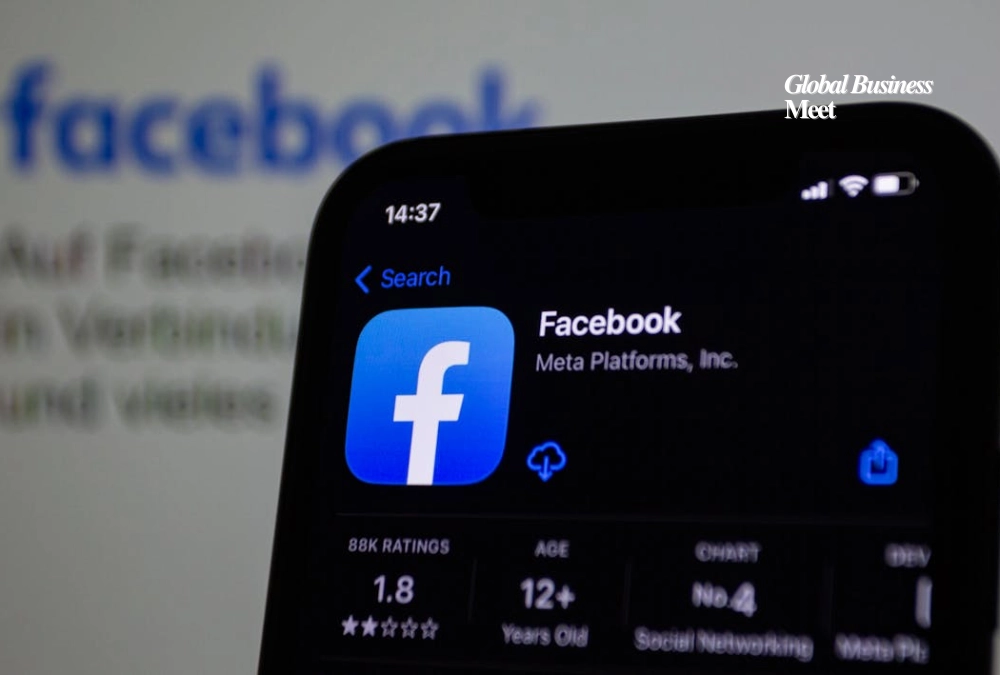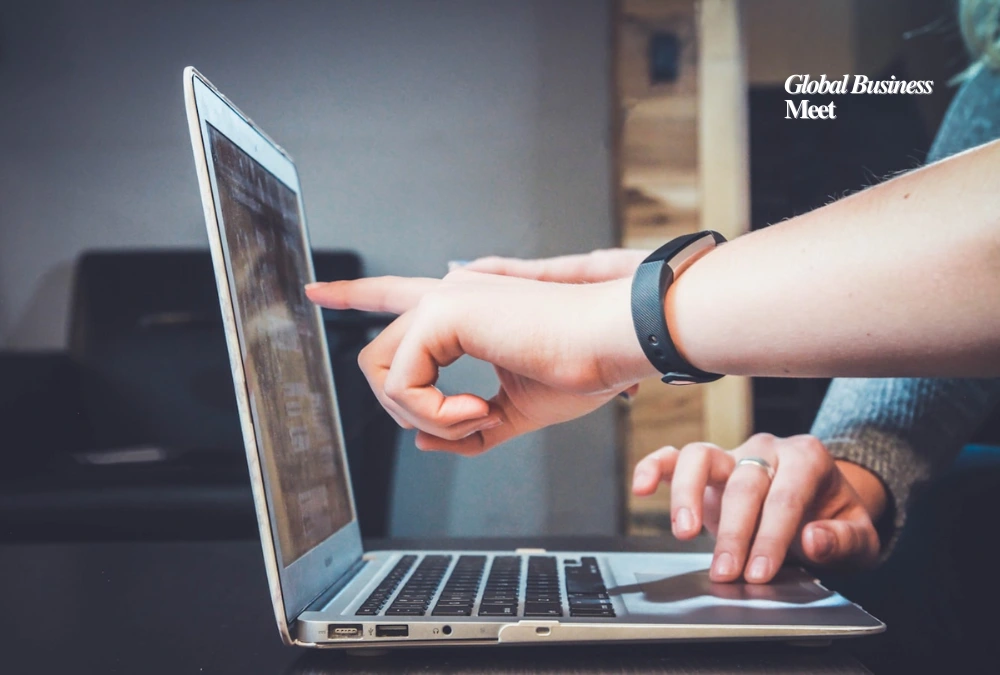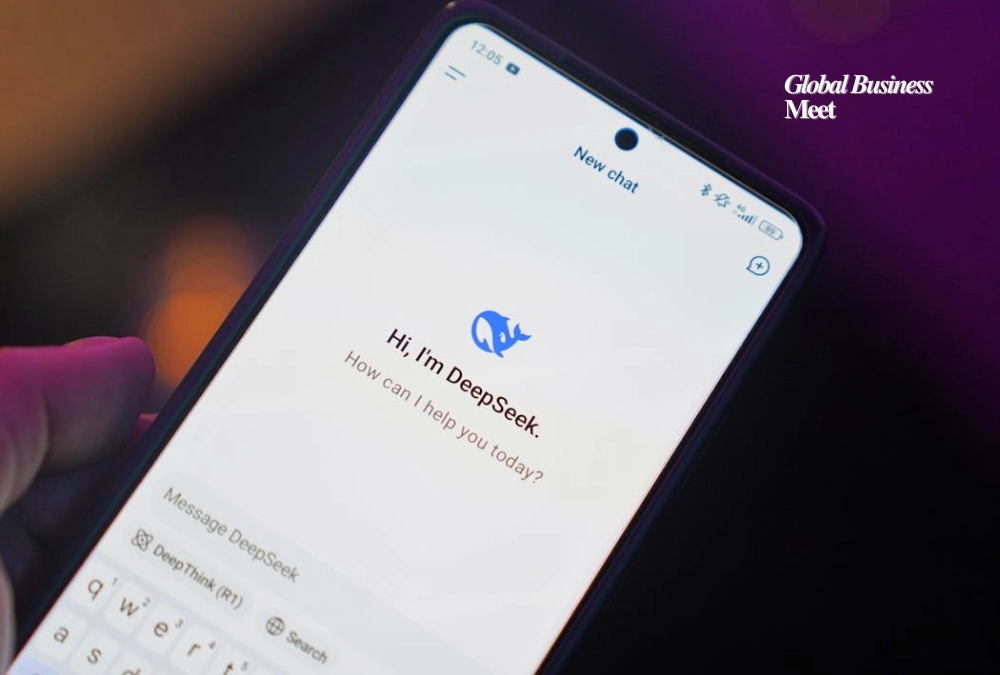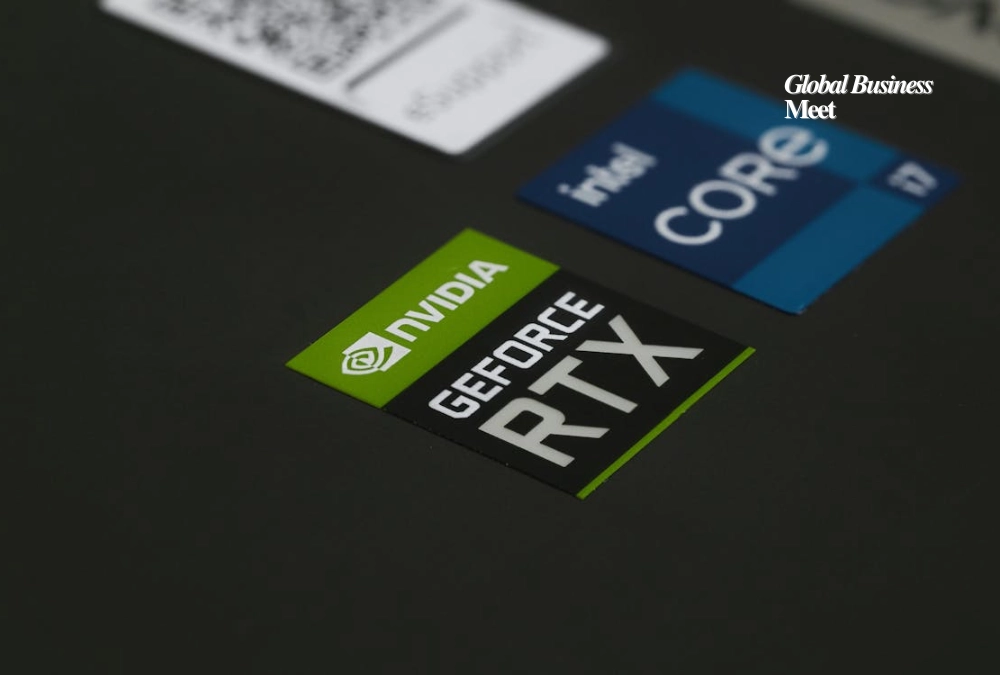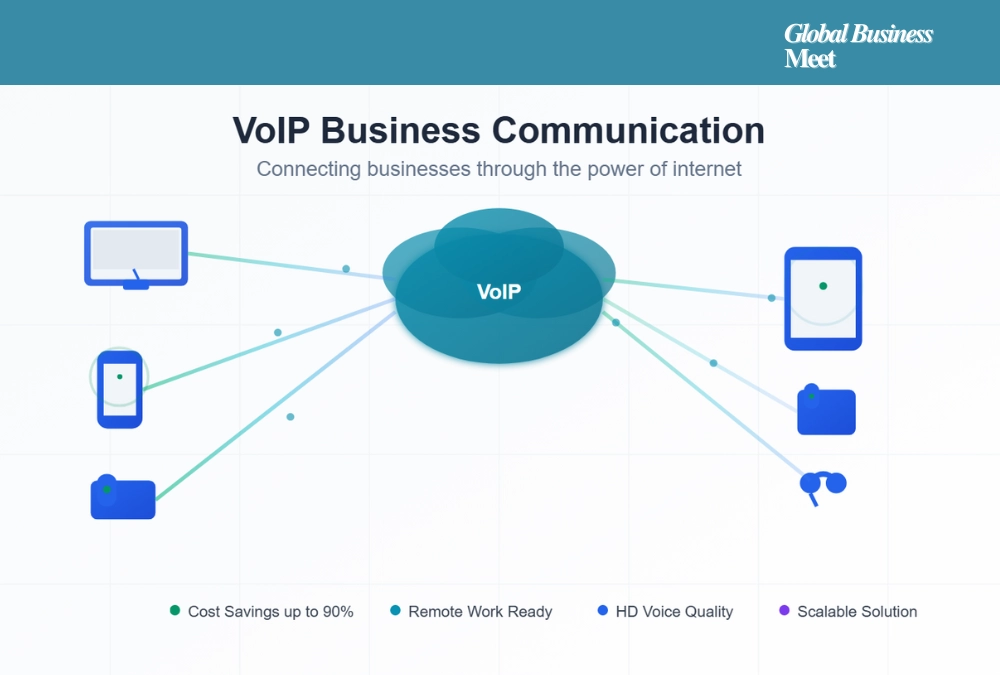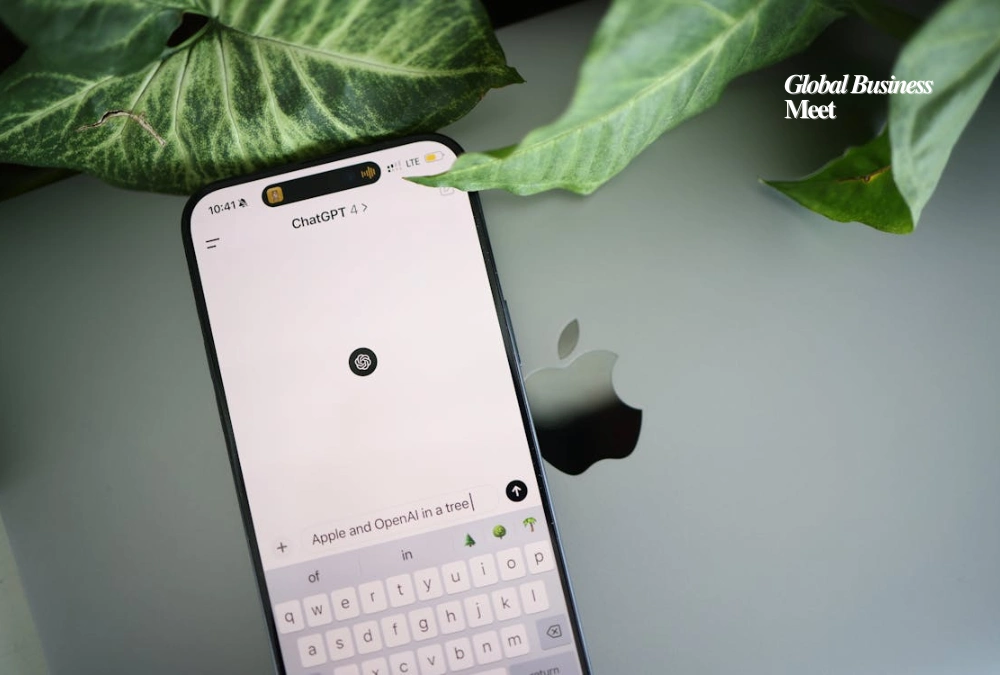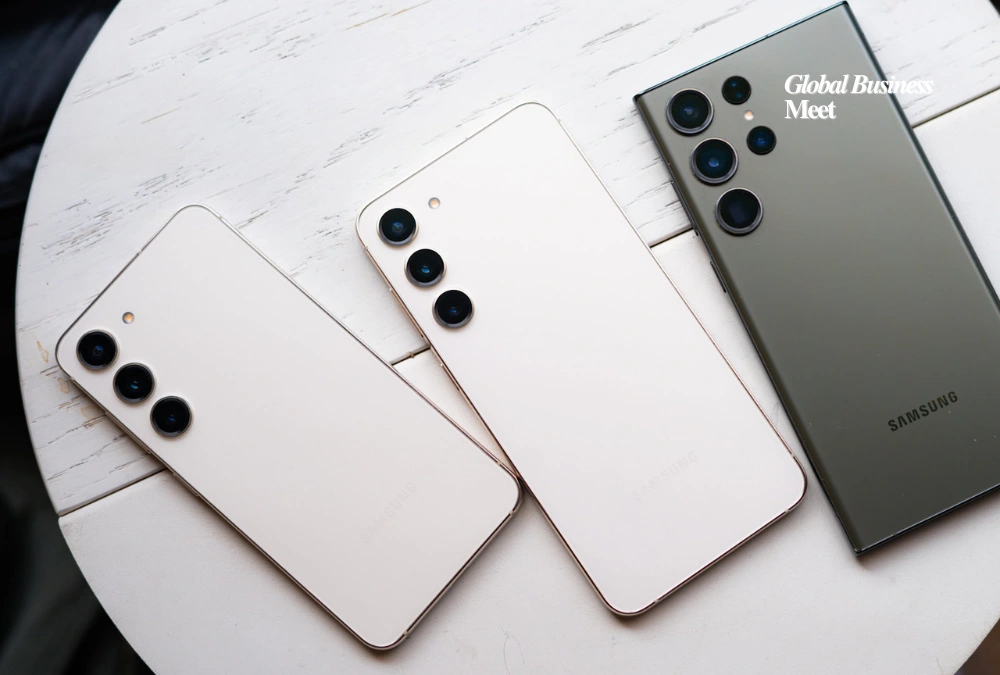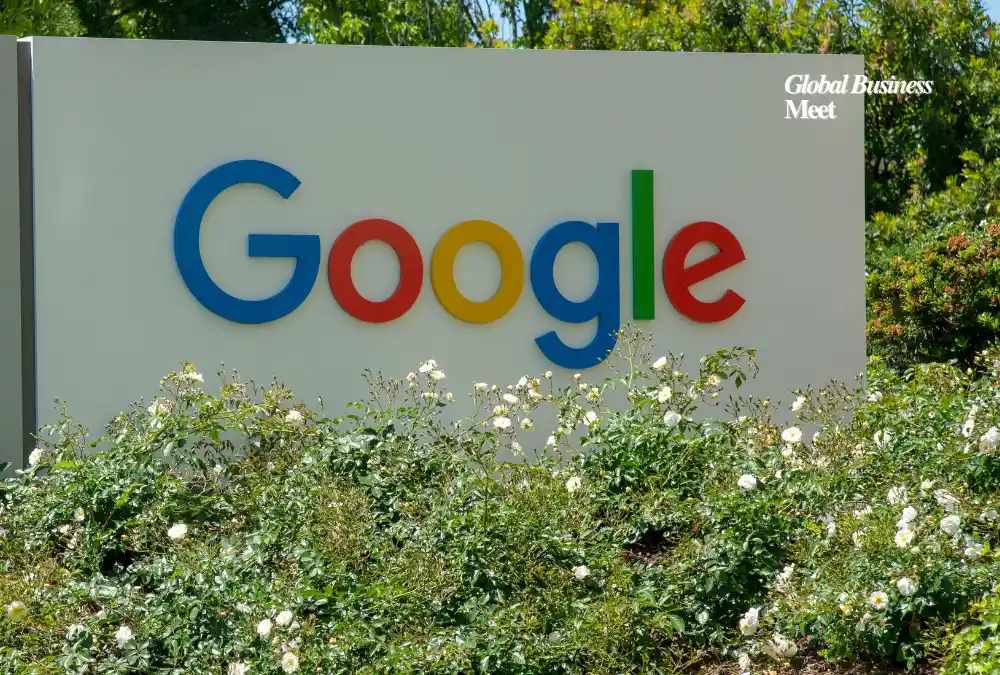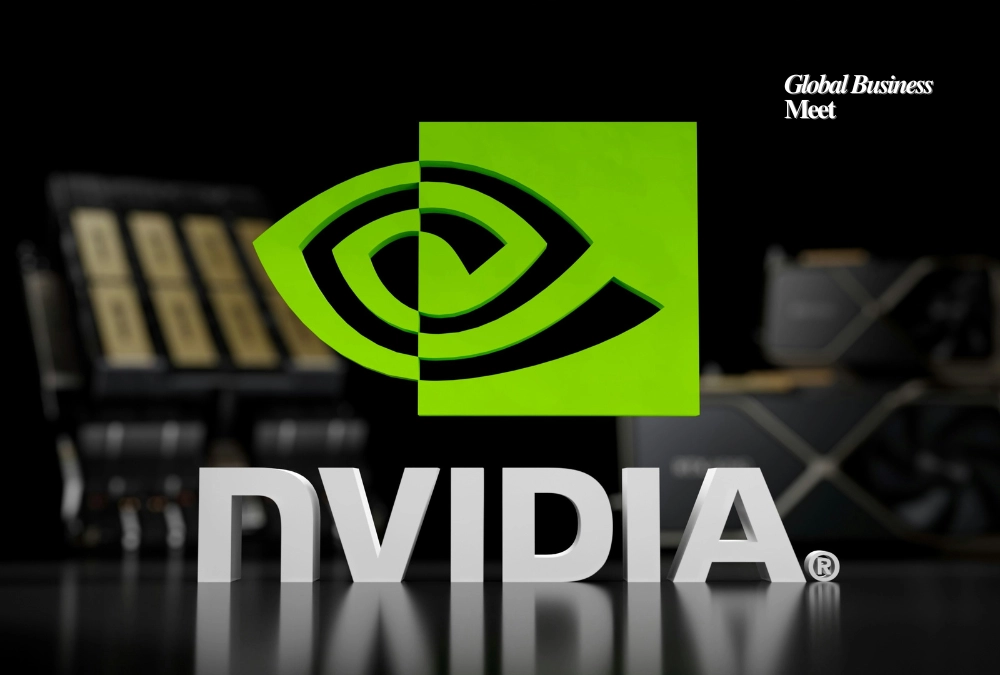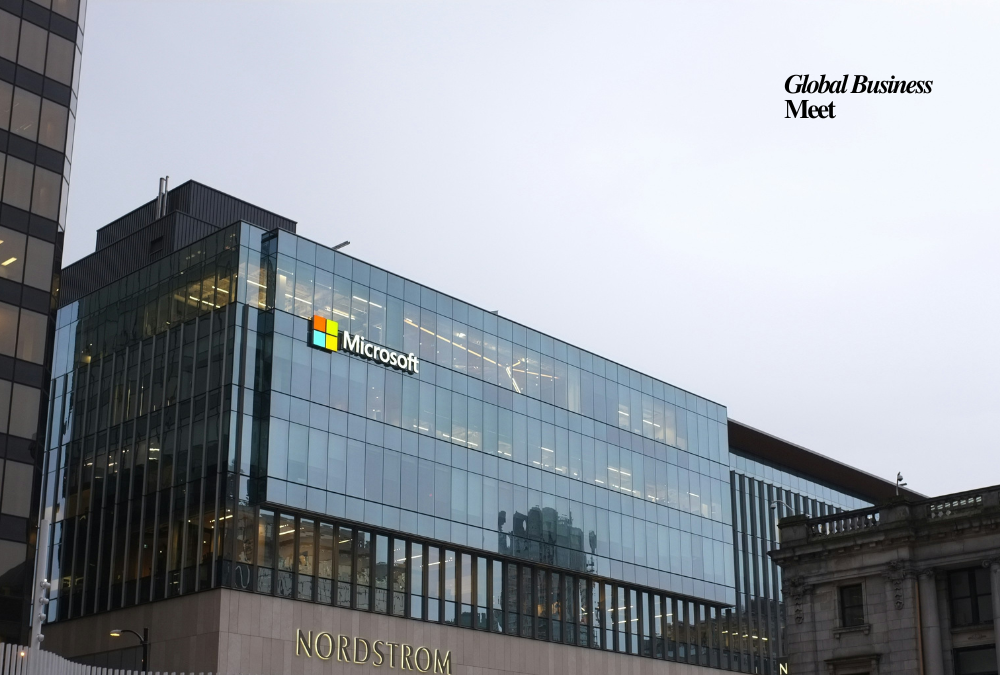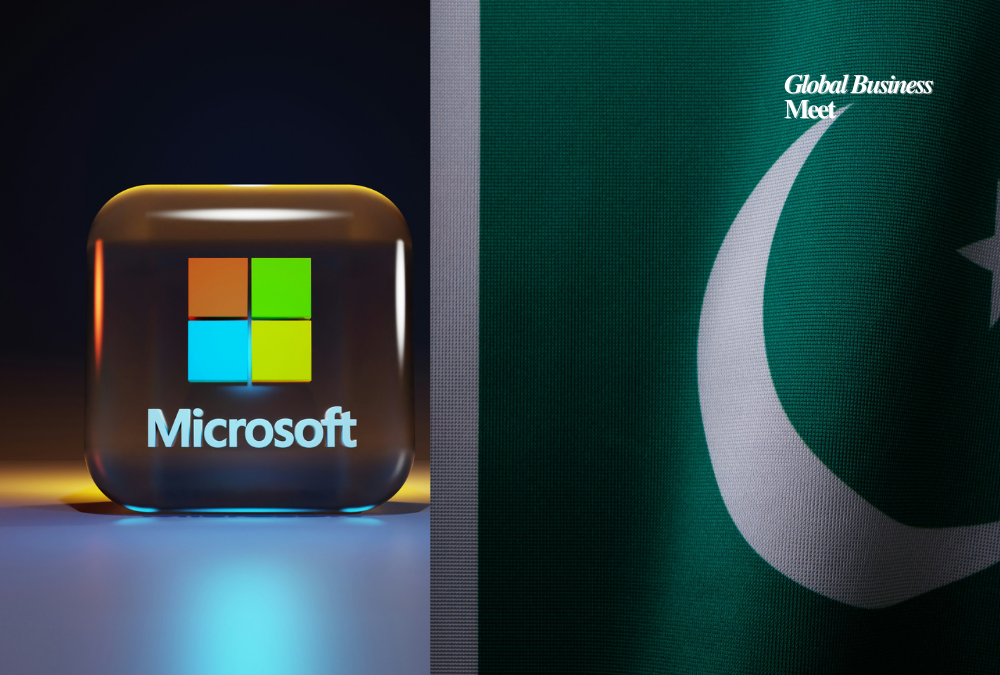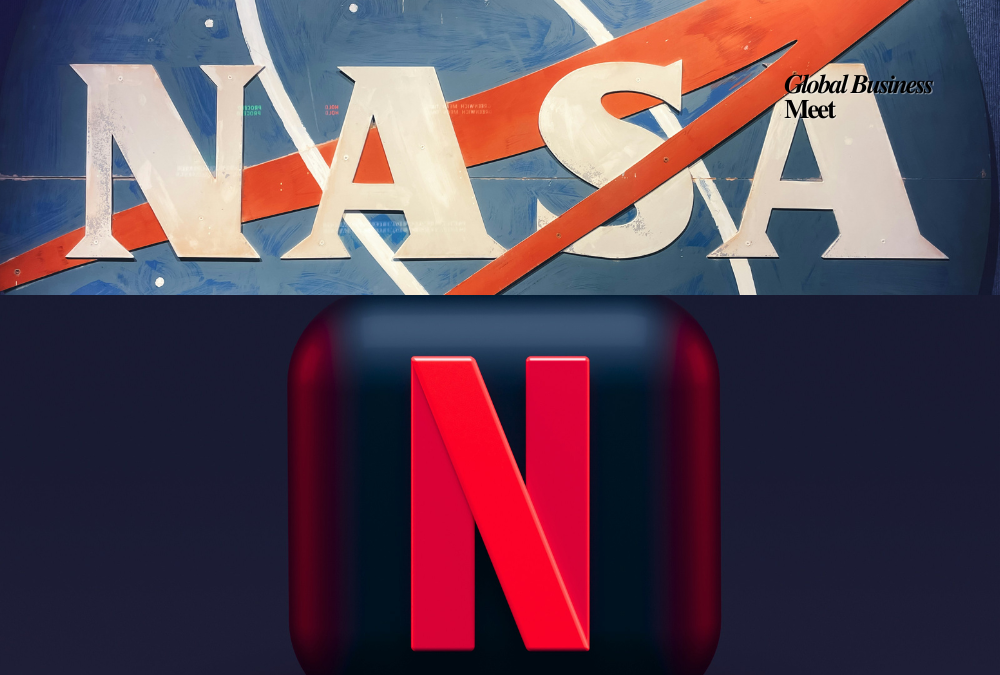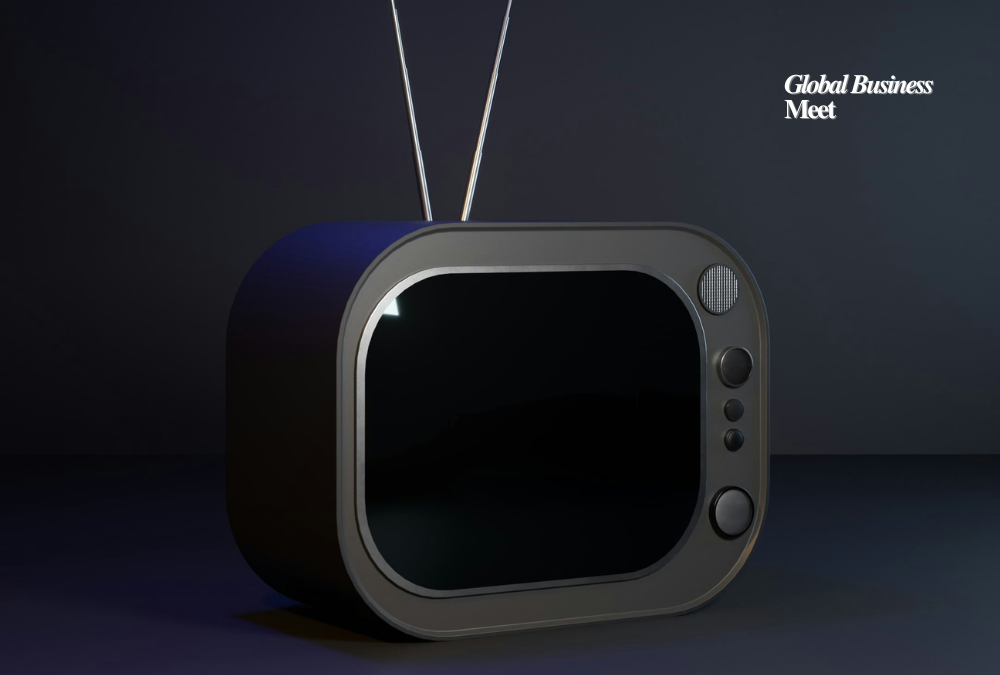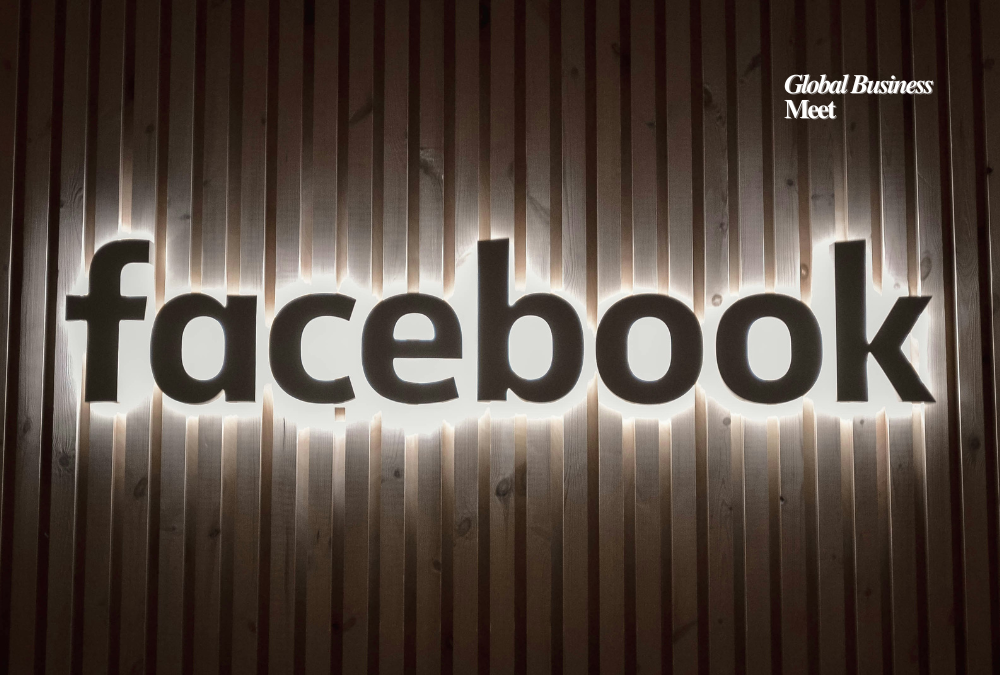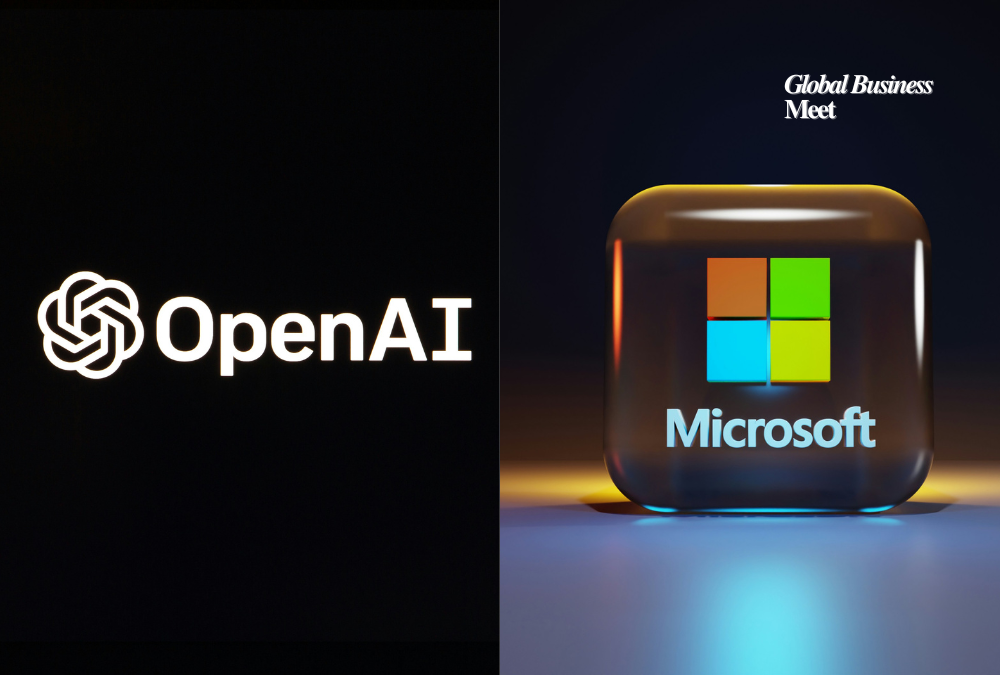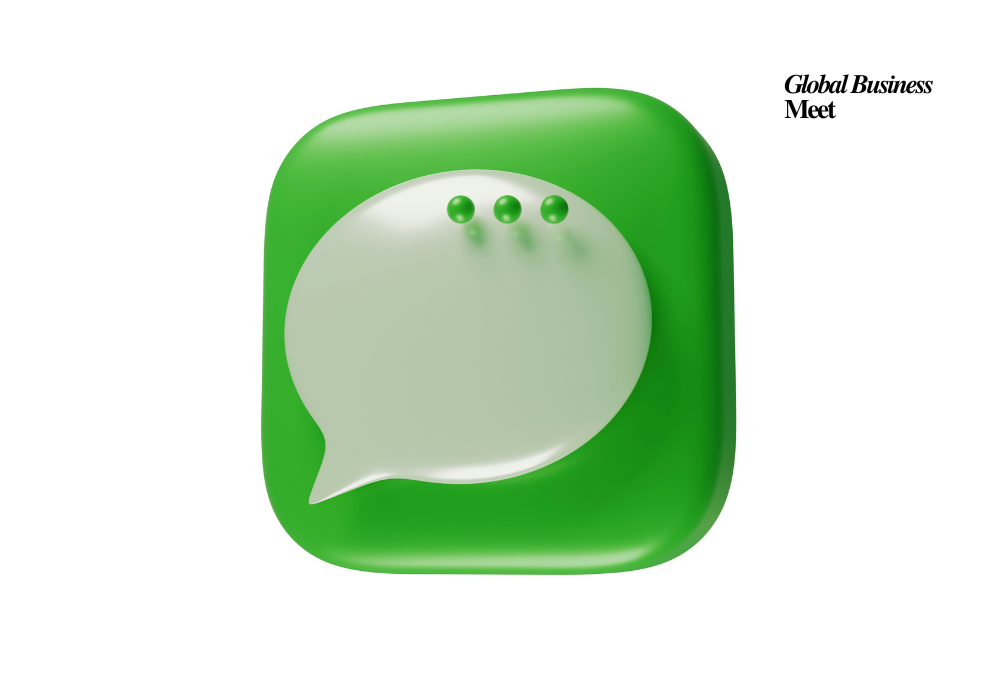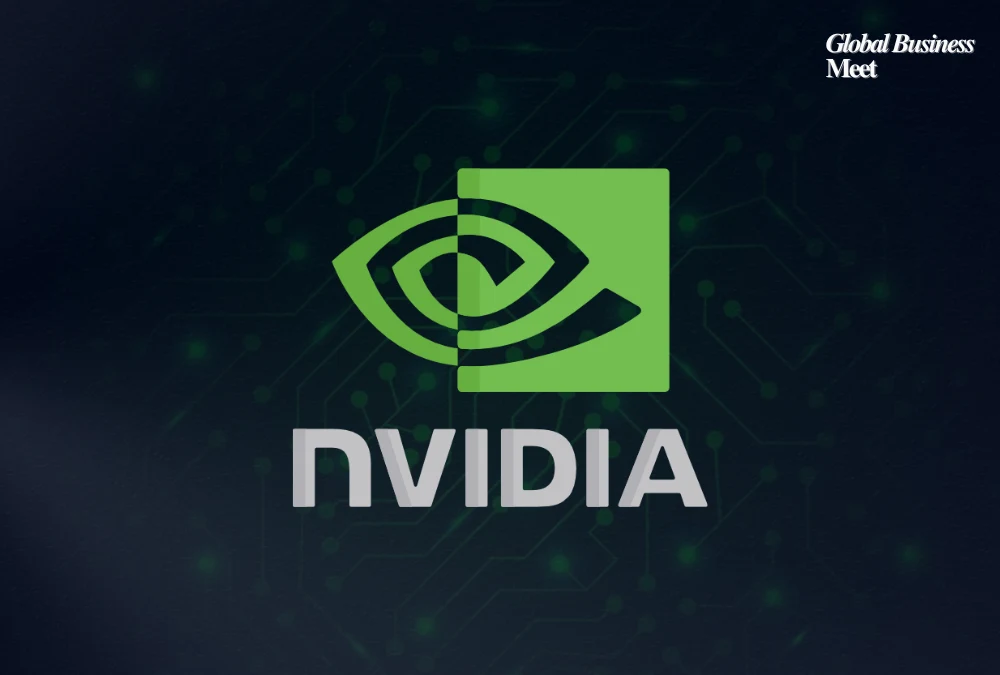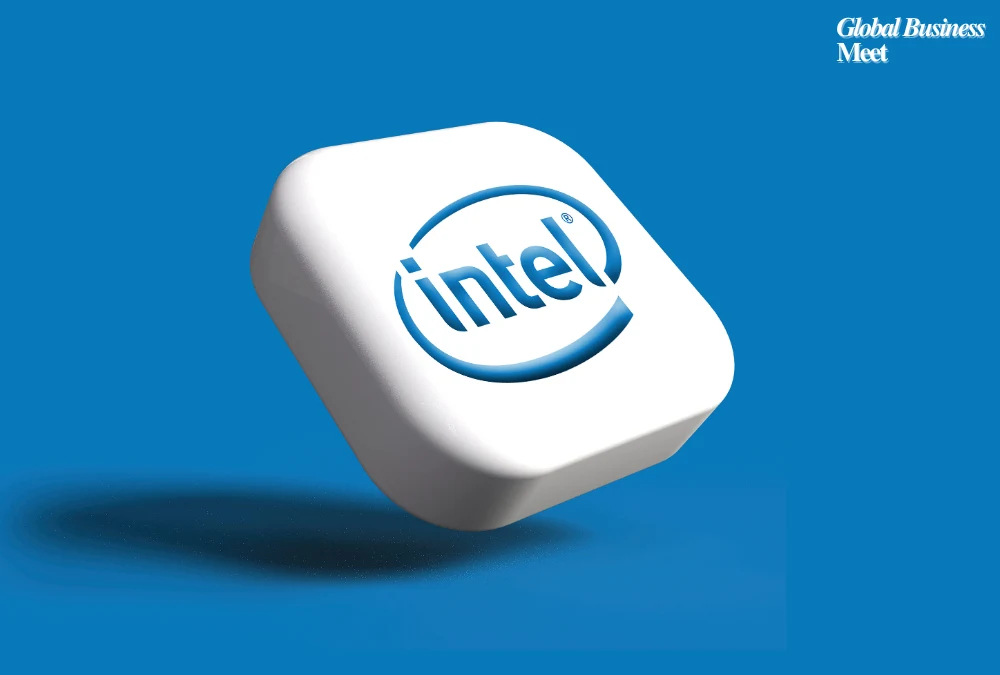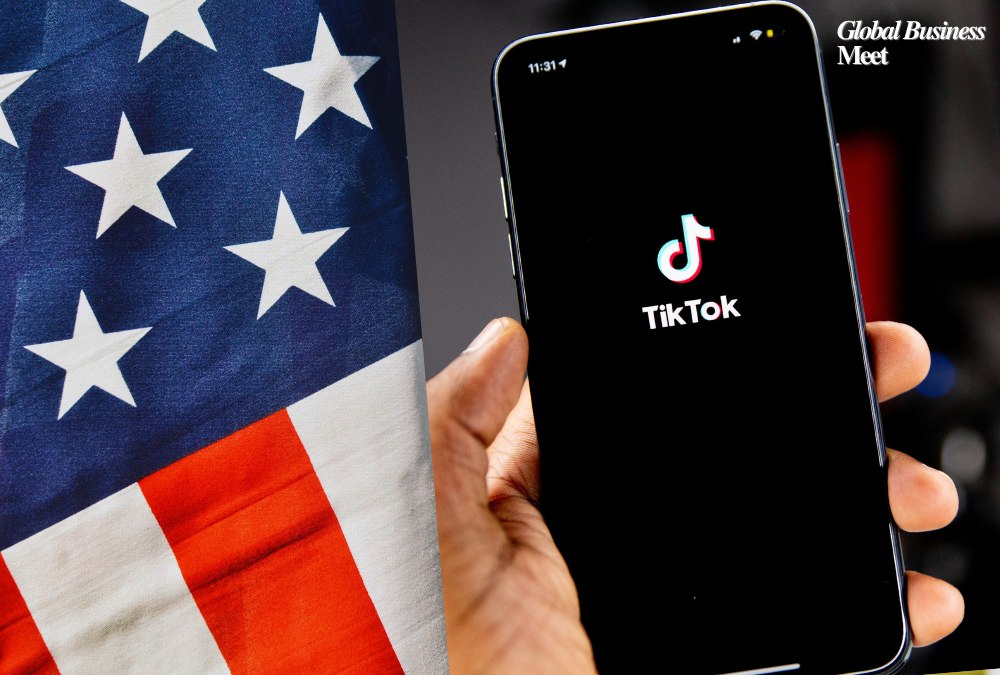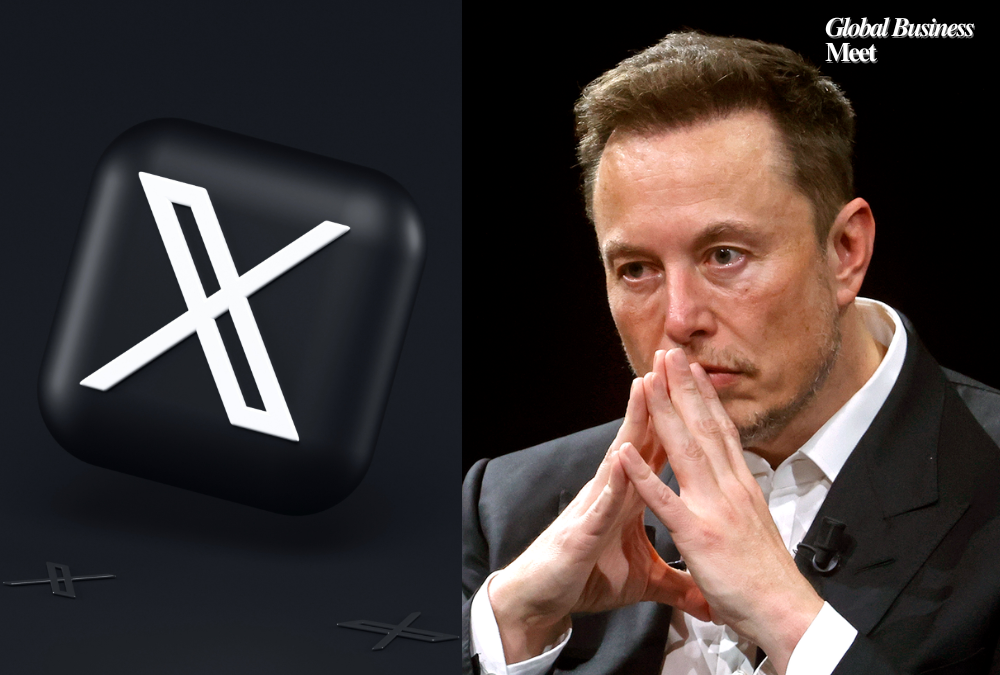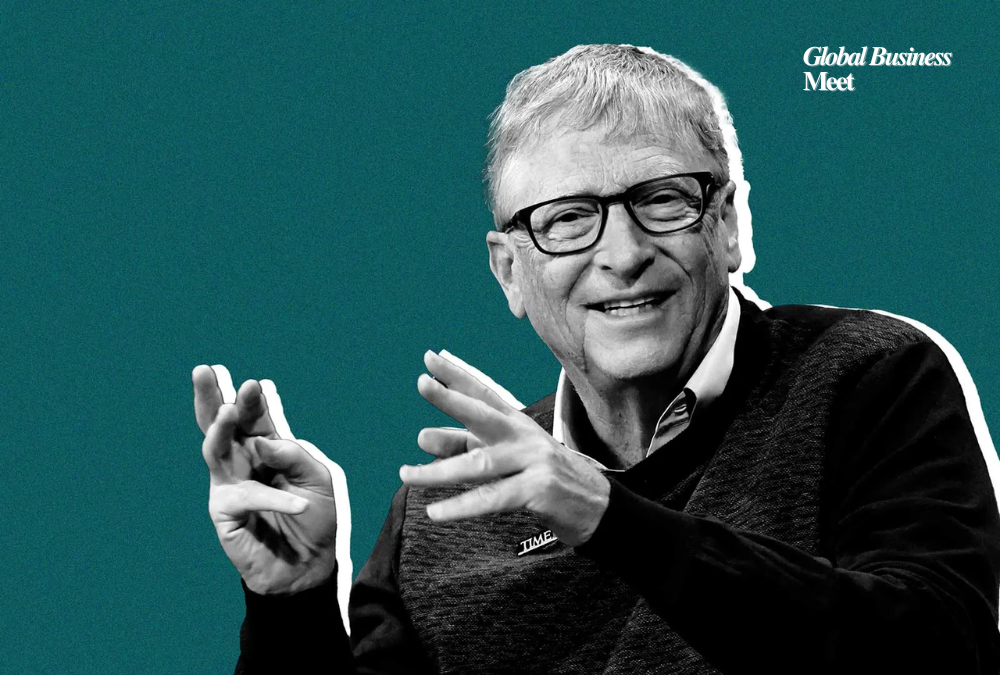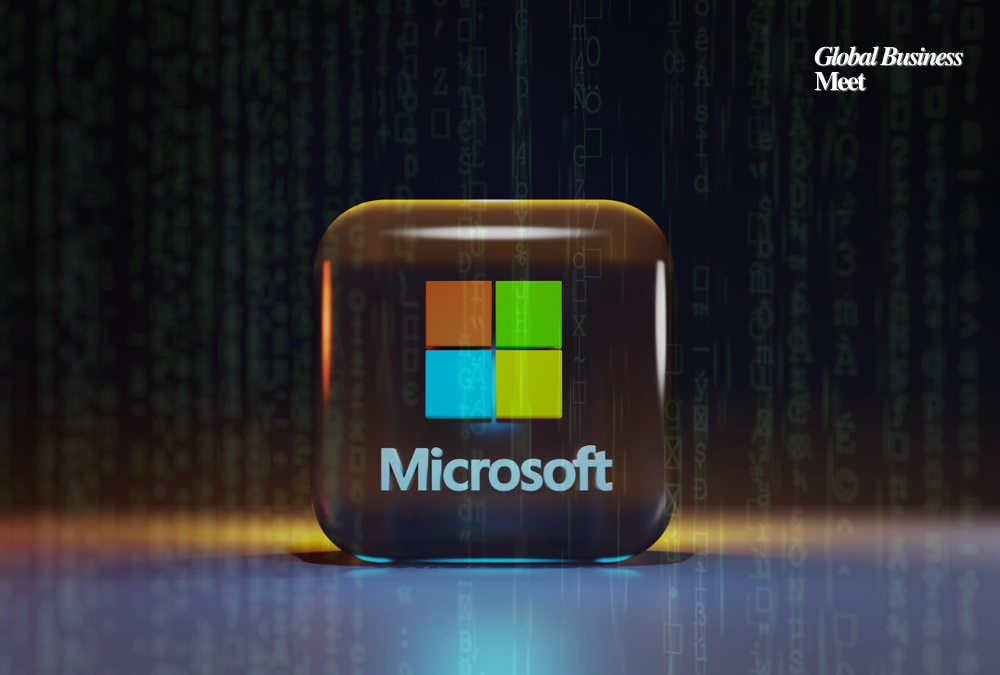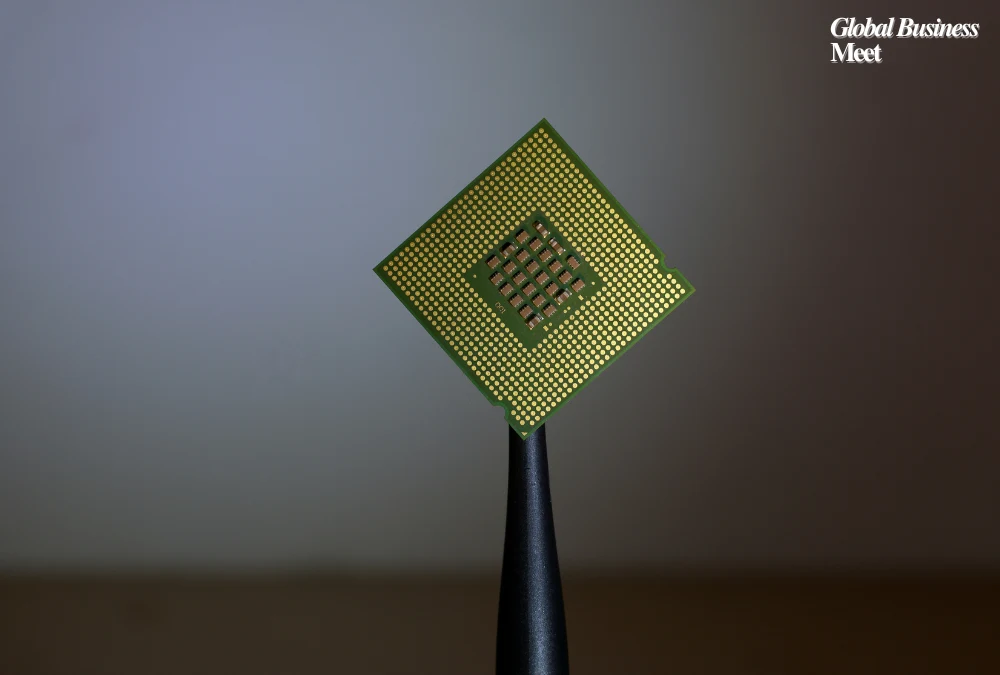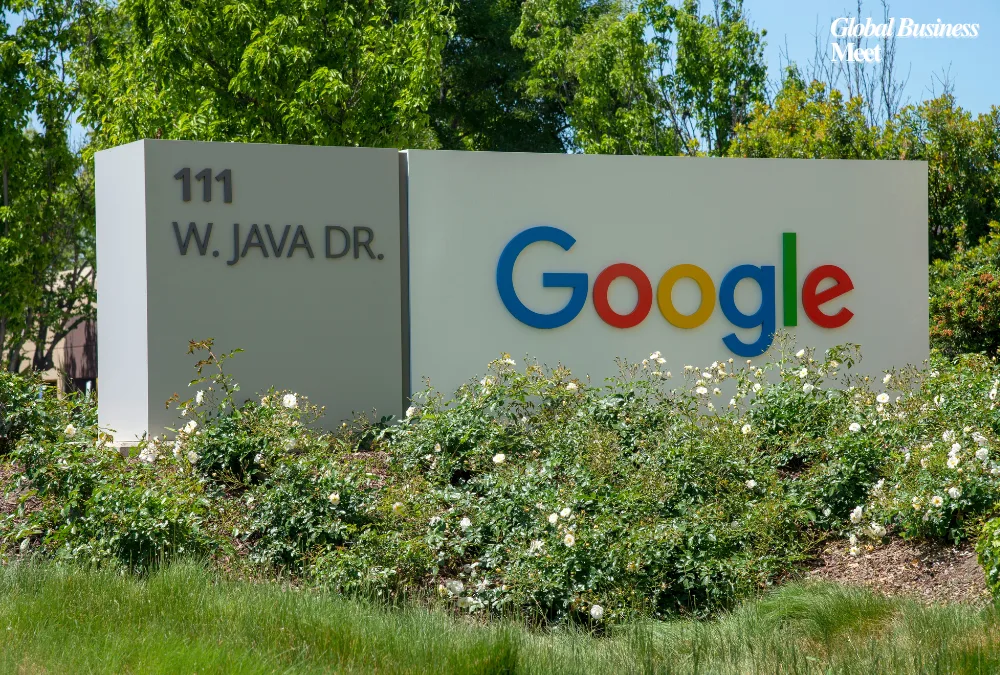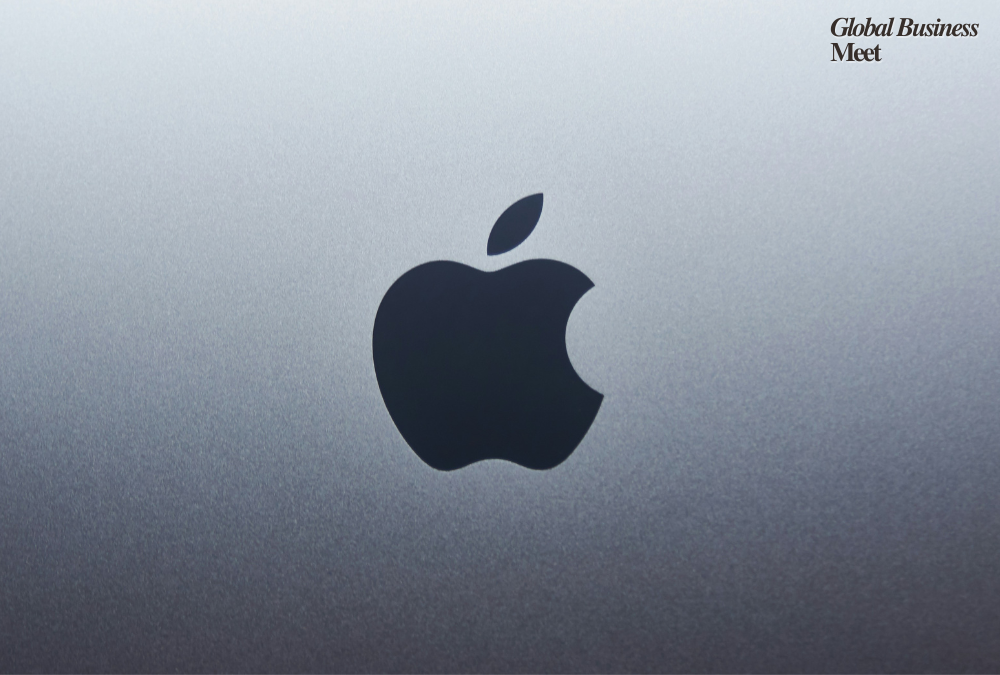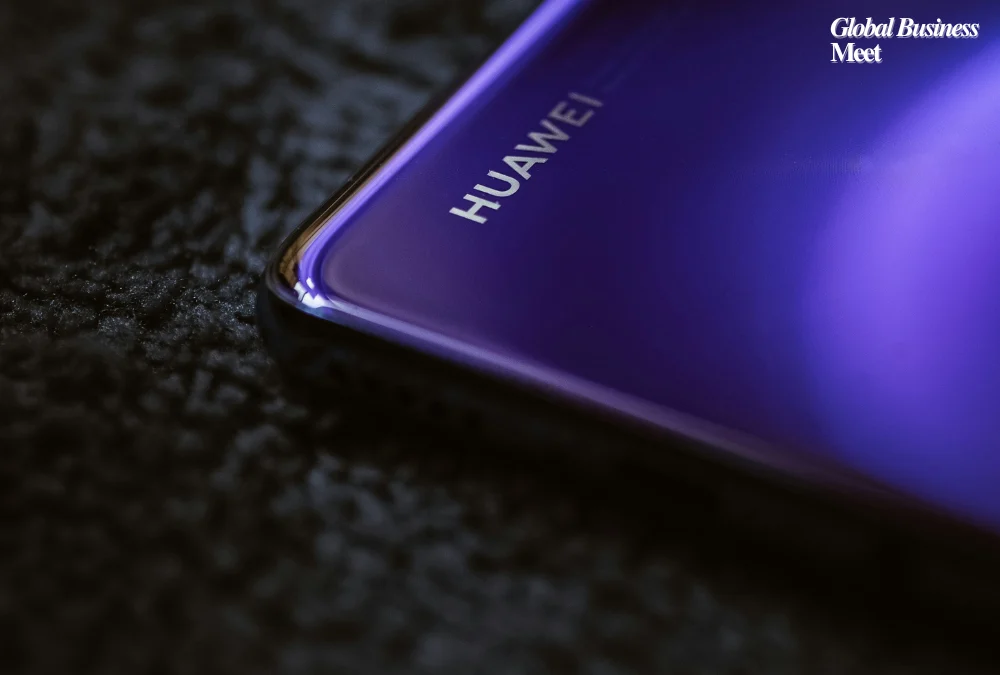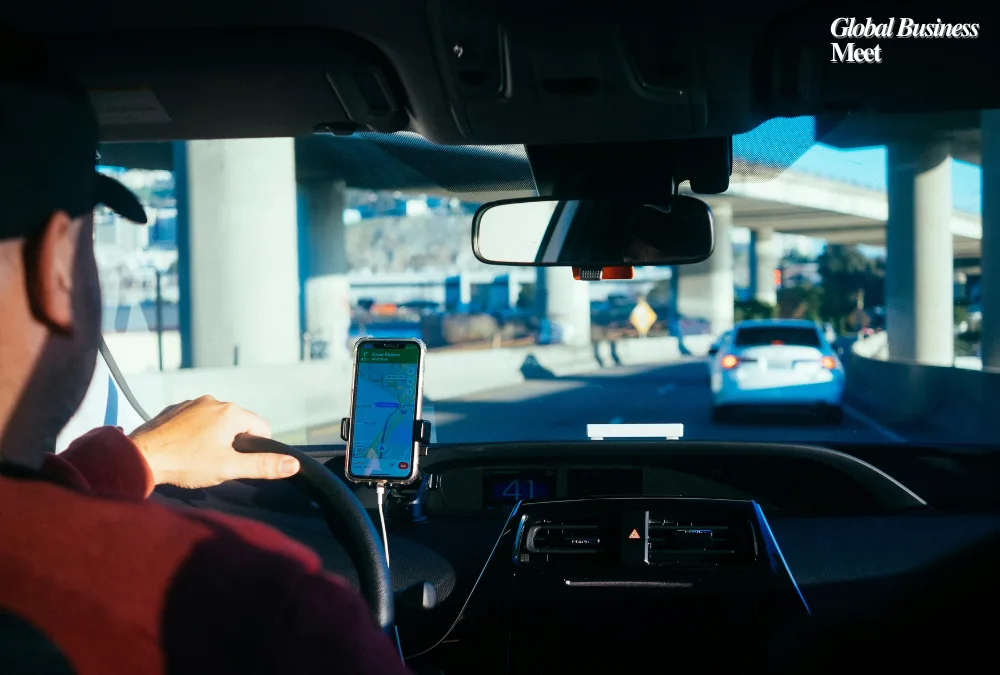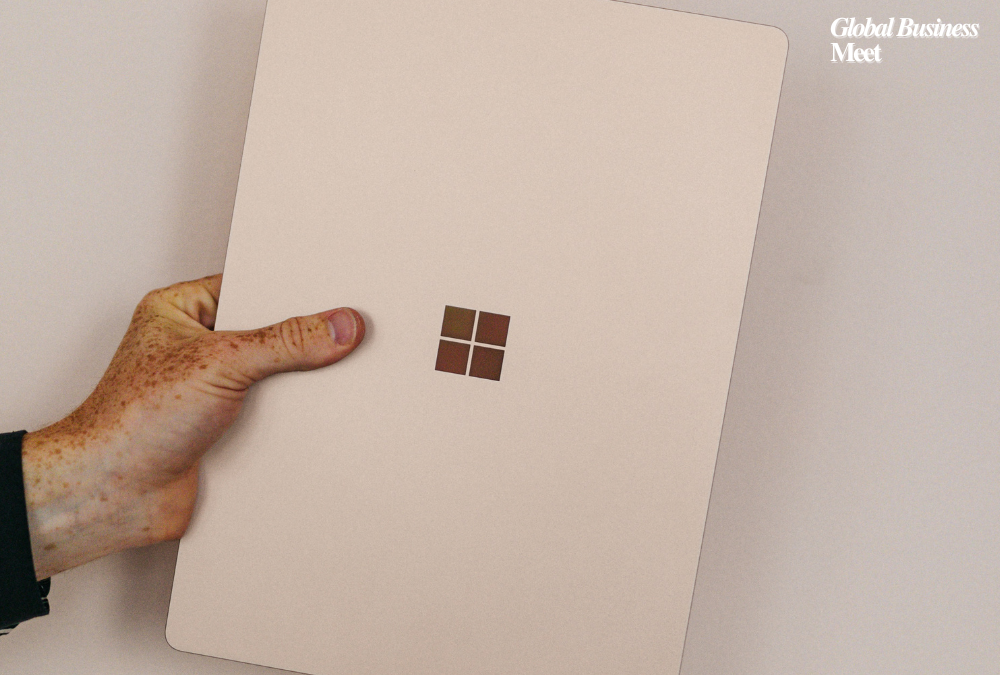
The Trump family has opened a new mobile phone company with the brand name Trump mobile which is the entry in the cell industry. It is headed by executive vice presidents Eric Trump and Donald Trump Jr. and it is organized as a Mobile Virtual Network Operator (MVNO) that uses pre-existing infrastructure provided by the three big carriers in the U.S.A. AT&T, Verizon, and T-Mobile. Trump announced the news in Trump Tower, on June 16th, during the anniversary day of the launch of the presidential campaign of Donald Trump. This expansion is part of the other diversification of Trump-branded businesses, which followed its entry into the digital media and cryptocurrency and other licensed operations.
The FirstTRUMP Mobile offers a mid-range T1 Phone with the Android experience that comes in a gold colored exterior and is valued at 499 dollars. The company promoted itself as manufactured and assembled in the United States to bask in the benefits of the national sentiment like being headquartered and operating in the United States with an American-based call center and full support agent base in the United States. The future versions of the phone will be produced in the U.S., Eric Trump claimed, but as the phone is launched, the phone origin is not clear. Telecommunication cynics observe that the major part of smartphone production today is done elsewhere, such as China, India, and South Korea, and producing an entirely American smartphone would be a very ambitious initiative.
Its service plan is called The 47 Plan and comes priced at 47.45 a month, an allusion to Trump being the 45 47 th president. The plan covers unlimited calls and texts, unlimited data, and free international calls to more than 100 nations even to the American military bases around the world. Other benefits including 24 hours roadside with the Drive America Motor Club and telemedicine with Doctegrity are included in the monthly payment. Strikingly, the plan does not incur contracts and credit checks and this rallies a wide consumer base.
MVNO model allows Trump Mobile to have access to developed network infrastructure without the necessity to develop its own. Telecom analysts are however not confident that there is any possibility of competing with mainstream carriers in terms of price or service quality. The gadgets are usually copies of the off-the-shelf Android models, and local assembly would necessarily have to overhaul the supply chain greatly. Analysts define the present product as a skin-and-badge service an existing phone will get rebranded as a Trump-branded device, with fully domestic U.S-made devices up to several years, assuming that they will happen at all.
There has also been ethical concern given to the possibility of conflict of interest. Although Trump family members argue that the control of the operations has been passed to its adult children and all assets placed in a trust in which the president did not take an active role, critics point to the risk of a conflict of interest in terms of a, possible influence of the private brand interests in affecting a possible public policy. Harvard professor Larry Lessig has spoken of this venture as a further plunge into grey areas of ethical practice saying that it would enable wrong influence into the relationship, equating it to that witnessed in so-called banana republics.
Through this enduring criticism, Trump Mobile still hopes to market itself to patriotic Americans by driving home the point that it manufactures inside America, its customer service, and its overall association with conservative ideologies. Hoping to further spread the availability of phones as well as intensify its marketing efforts, it is evident that the firm is staging itself as a culturally-correspondent alternative to other more established telecom firms. Whether it will work, is still a matter of doubt: it depends on how well it is rolled out, on industry relations with carriers, on the quality of the handset, and on whether the U.S. will be willing to pay a premium on account of brand.

